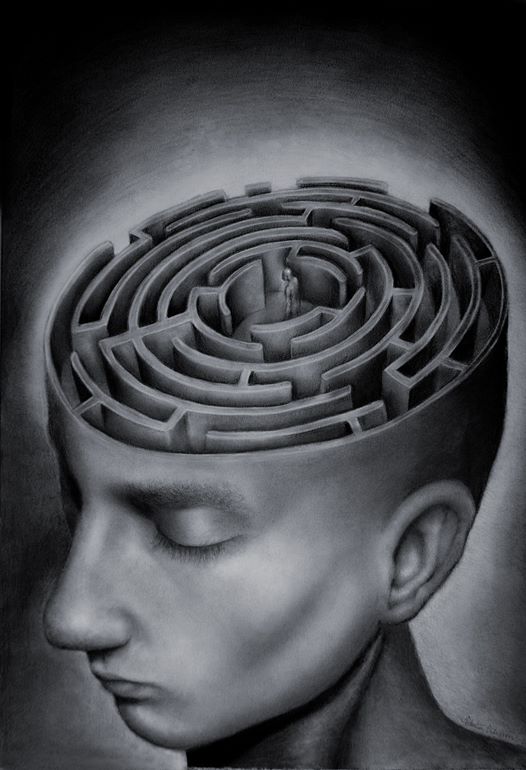Take your thoughts to court
Today I decided that I would like to share something practical with you – namely, an exercise to which I encourage many of my clients to do when we work together. Each of us sometimes experiences disturbing thoughts. Each of us sometimes experiences terrible, obtrusive, sad, overwhelming thoughts. But not every one of us does something with them. Many of us take for granted and absolute truth what is happening in our mind – we believe that our thoughts are our reality, that they are true. But is it really so? How would you feel if I told you that this is not true? That not all our thoughts reflect an objective reality? Virtually, all of our negative thoughts are based on emotions – not facts. And here I would like to invite you to verify these questions (or should I say thoughts). So… how do you ask? How to start questioning the truthfulness of our thoughts?
The exercise is very simple: I would like you to play the role of a judge. During court hearings, the judge listens to two parties: the defence and the prosecutor right? So I would like to invite you to take a piece of paper and something to write. At the top of the page I would like you to write a thought that bothers you and then divide the piece of paper into two halves (line in the middle will be just perfect). Let’s say that the left side will be a defense of your thought – here I would like you to write EVERYTHING which in your opinion supports your thought. The right side will be the prosecutor’s side – here I would like you to write out all the factual evidence that indicates the falseness of your thoughts. After unsubscribing from both sides, I would like you to issue a “verdict” – after all, you are a judge in this exercise. Is your thought true? If you come to the conclusion that is not, how could you transform it (or re-shape it) to fit objective reality? Perhaps challenging absolutes like “always”, “never”, “every time”? Because you see… our thoughts are ONLY thoughts, not facts. Not everything we think is real – sometimes it is a reflection of our feelings but not us, not our reality. Perhaps, thinking about your thoughts as mental events instead of reality can be useful. This is something I would like you to remember every day.

